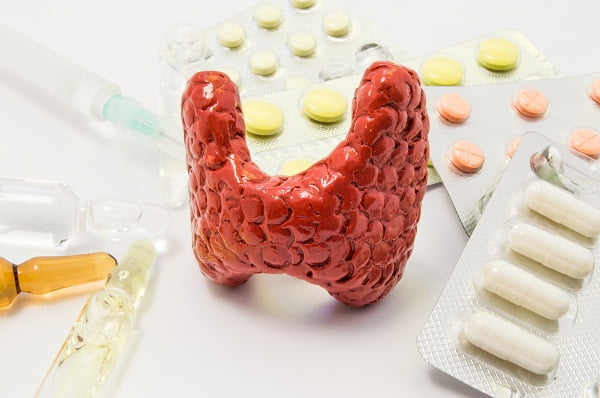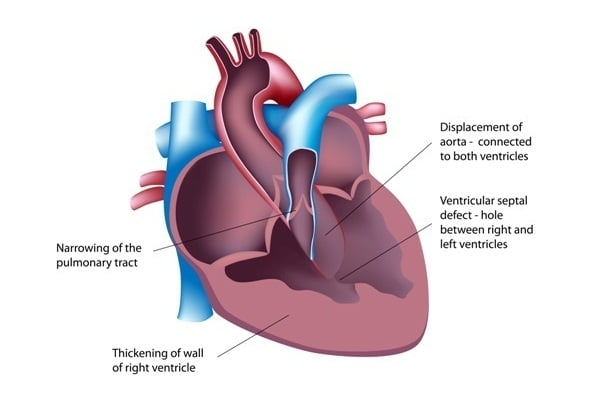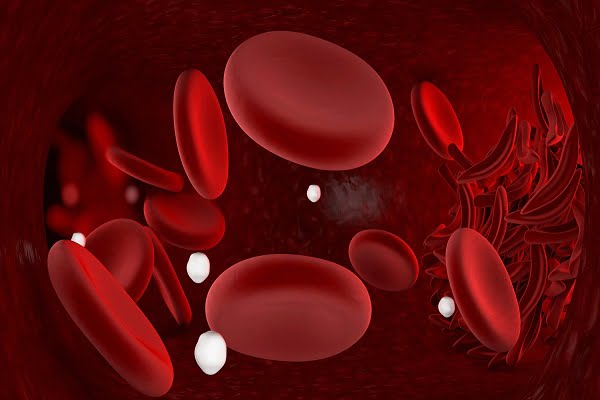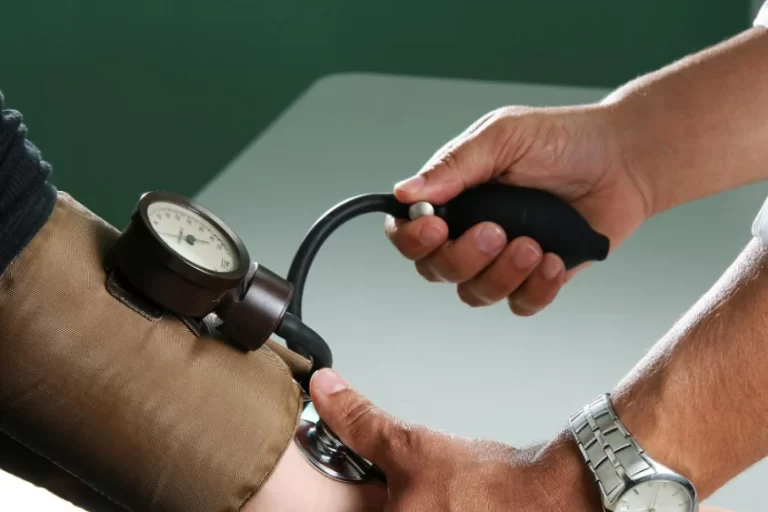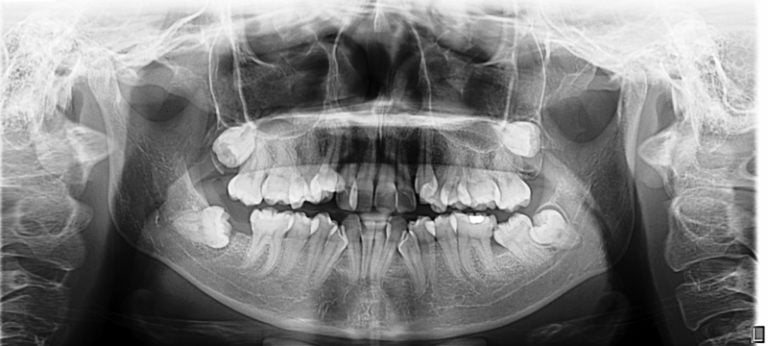Browsing: Heart

The page provides quick access to a list of common heart diseases, syndromes, health conditions, and other topics of health importance about your heart. The list is organized alphabetically. Links are provided to respective diseases sections that serve as a comprehensive and ultimate guide about the disease or health condition.
Our heart is the most sophisticated working muscle in the body. A heart beats about 100,000 times in a day. It continuously supplies oxygen and nutrients throughout the body. The heart also pumps blood to expel waste products such as carbon dioxide to the lungs, which has to be eliminated from our body.
Proper heart function is highly essential to support life. There are many types of heart diseases that can occur if the heart does not function properly or if any other organ, influencing the heart, does not function efficiently. Most heart diseases are lifelong conditions, and if experienced once, they can create problems throughout your life and sometimes can be a cause of death.
The Centers for Disease Control (CDC) states that heart disease is one of the leading causes of death in the United Kingdom, United States, Canada, and Australia. In the US, one in every four deaths occurs due to a heart disease.
Some of the common heart diseases and heart conditions are coronary heart disease, enlarged heart, heart attack, irregular heart rhythm, tachycardia, atrial fibrillation, congenital heart diseases, heart attack and hypertension. In the United States, the most common type of heart disease is coronary artery disease (CAD).
Blood Pressure (BP) During a Heart Attack and Blood Pressure Before a Heart Attack
Blood pressure is the amount of force your blood provides when it is pushed from the heart and circulated to different organs throughout the body. Many people have a doubt about the blood pressure during a heart attack and frequently they ask this question “is blood pressure high during a heart attack”?
Various treatments are available for hyperthyroidism (overactive thyroid). These include medication, surgery, and radioiodine treatment. Thionamides are commonly prescribed medicines for an overactive thyroid. They stop the thyroid producing excess hormones. Your doctor may ask you to take the medicine for a month or two before evaluation of any benefit.
A Ventricular Septal Defect (VSD) surgery is a type of heart surgery which is performed to correct a hole between the left and right ventricles. Severe complications after the surgery are rare and the VSD surgery success rate is very high. You should ask your child’s doctor about risks after a VSD surgery.
Ventricular Septal Defect (VSD): Causes, Symptoms, Diagnosis, Treatment
Ventricular septal defect is a birth defect (congenital) of the heart in which there is a hole in the wall (septum) that divides the lower two chambers (called ventricles) of the heart. It occurs due to an incomplete formation of the wall during the development stage of a foetus.
VTE (Venous Thromboembolism): Symptoms, Causes, Diagnosis, Treatment
The ability of blood to clot is what keeps us alive. Without it, even a simple paper cut can become an emergency condition. But when the blood clot affects our vein, it becomes even more deadly. Venous thromboembolism (VTE) is a condition that encompasses two other conditions which are inter-related.
Most heart diseases, cancer, and diabetes are the leading causes of deaths and disability in the world and are chronic in nature. These are defined as chronic diseases because they require ongoing treatment and management and last more than one year, and for lifetime in many cases.
What Makes Pericarditis Worse?
Pericarditis makes the sac covering the heart (pericardium) inflamed and swollen followed by severe chest pain. There are many factors that…
Hypertension, (also known as high blood pressure), is often a silent disease because the signs do not appear in the beginning in most cases. You might not even know that you have it. But, the increased blood pressure continues to damage your body and by the time you diagnose it, it is already late.
What Is Hypertension?
Definition of hypertension Blood flows through blood vessels with a certain pressure. In a healthy human, the pressure with which…
The exact cause of hypertension is not understood completely. Scientists believe that there are various mechanisms that can be considered to cause hypertension. These include increased stress level in the blood vessel walls, increased blood volume, and harder blood vessels. The main causes among these mechanisms are not understood fully but there are various risk factors that may trigger hypertension in a person.





